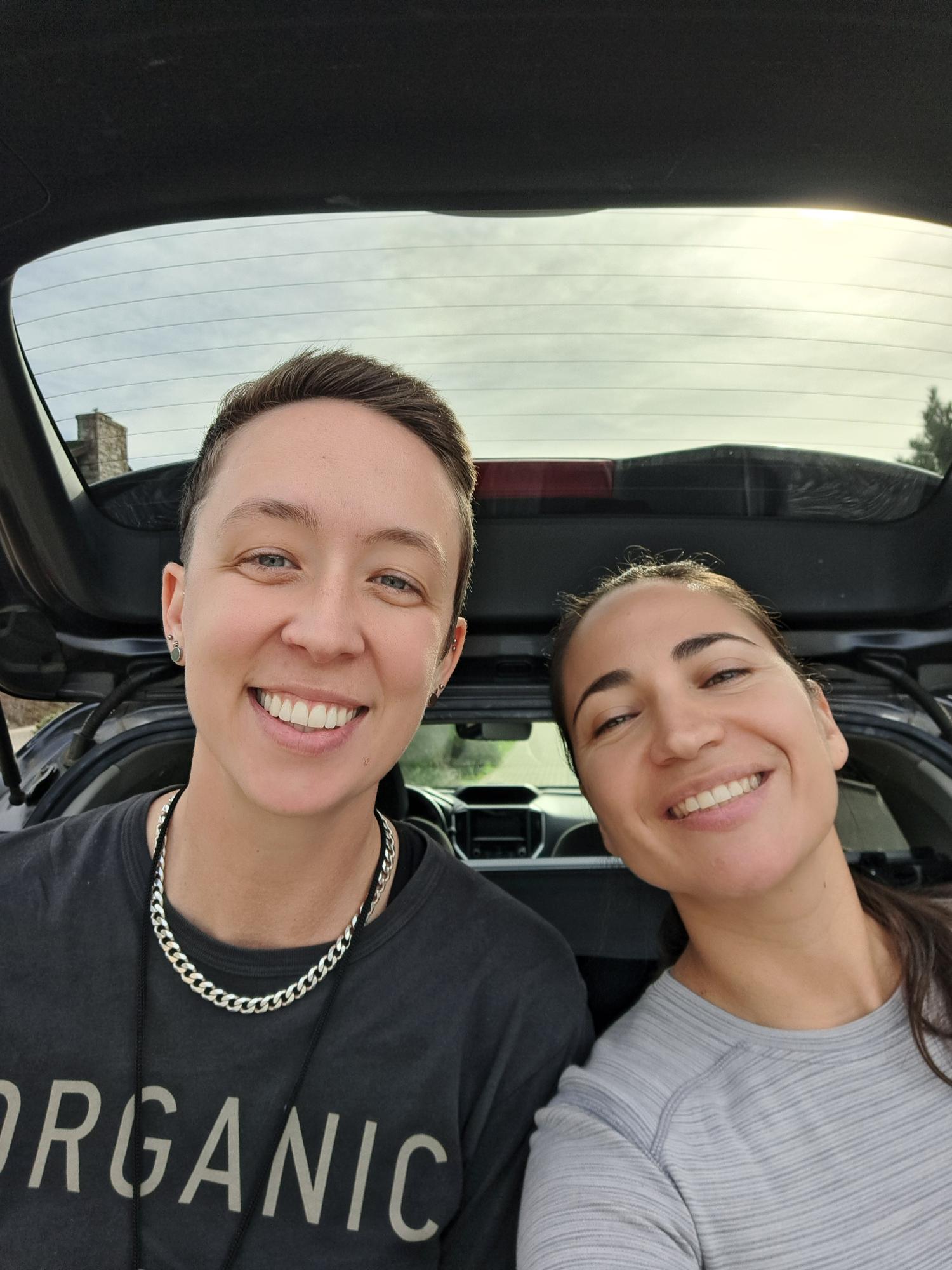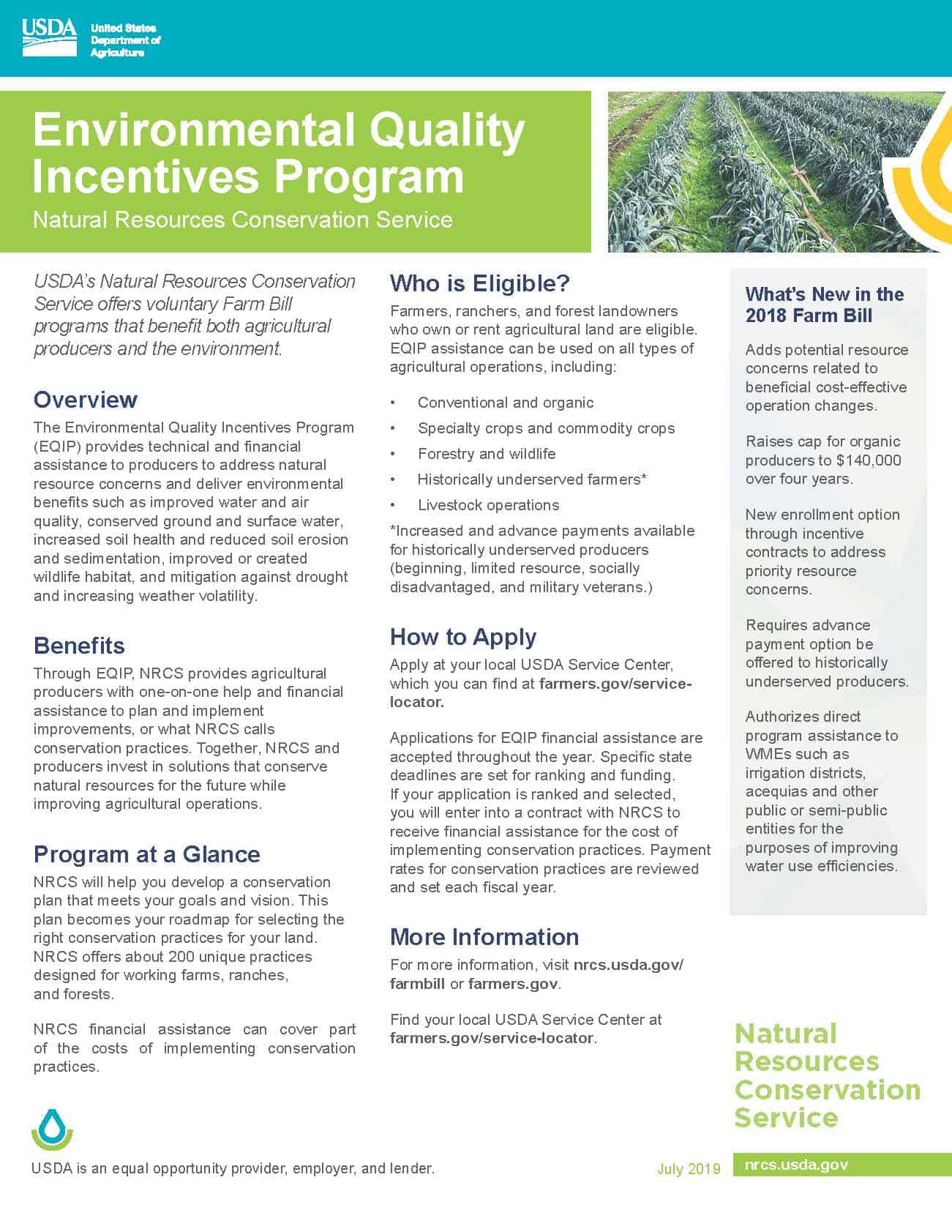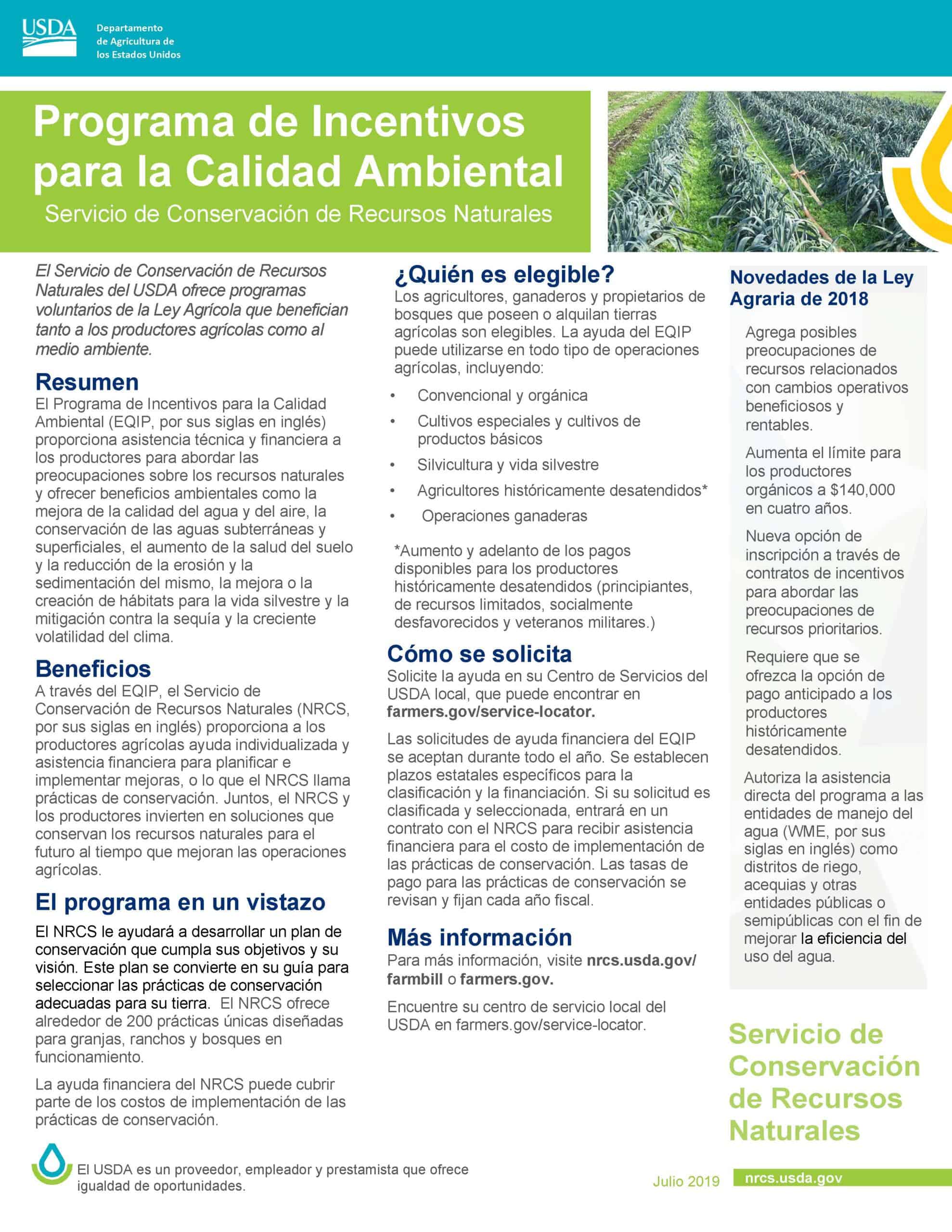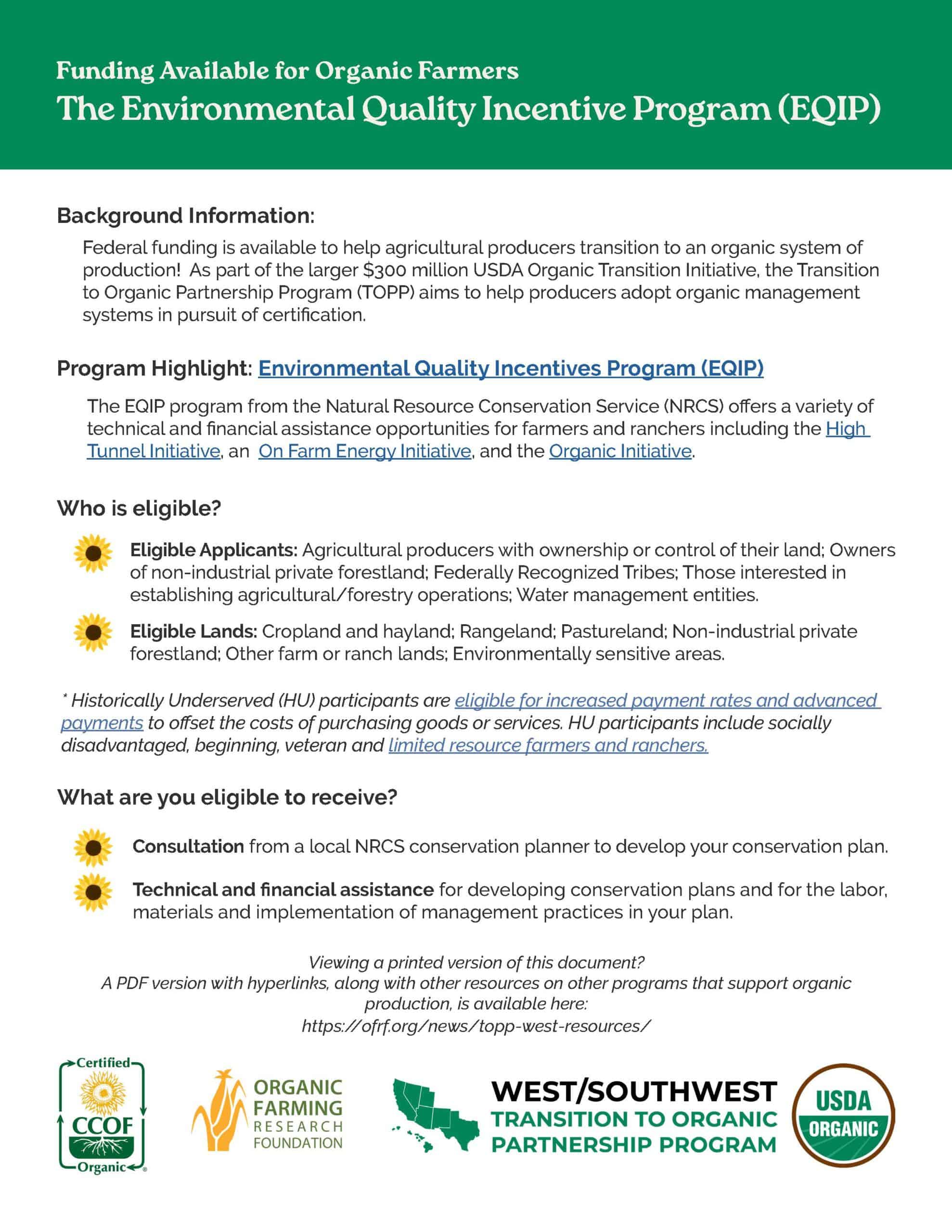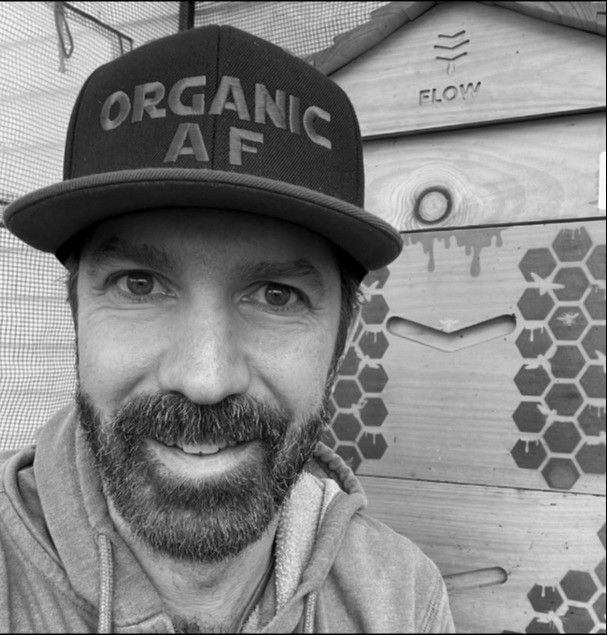Cultivating Connections
EcoFarm 2024 & OFRF’s Organic Agriculture Research Forum
This January, almost half of the OFRF team traveled to Monterey, CA to meet in-person for the OFRF Organic Agriculture Research Forum (OARF) which was held in conjunction with EcoFarm. Considering we are a fully remote team spread across the country, this was a big opportunity for us to connect and showcase our work. OFRF research forum consisted of eight workshops embedded within the 2024 EcoFarm conference. The forum focused on sharing the latest research relevant to organic producers, with a loaded agenda that touched on production issues, soil health, weed management, and of course, organic integrity. The team was immersed in two days of strengthening relationships, fostering new connections, and listening to farmers’ and researchers’ current work and perspectives on the industry. Here are the conference highlights from #TeamOFRF:

Thelma Velez, Research & Education Director
I can’t deny that the best part of hosting OARF at EcoFarm was getting to hang out with so many OFRF staff and board members (past and current), and connecting with partners from across the region. I know that as the Director of Research & Education I should say I was most excited for the great sessions we organized or the workshops that shed light on challenges facing organic growers. But there is something magical about connecting with like-minded folks driven to make the farming world a better space for everyone. It was enlightening to see the tracks dedicated to Indigenous and Tribal knowledge, justice in the food system, and accessible content in Spanish. I am really proud of our team for pulling together great content for OARF. Jose’s presentation on our new Spanish-language course, Los Fundamentos de la Salud del Suelo, was a big hit, and the printed resources we had in Spanish and English flew off the tables. I presented in a session focused on the synergies between organic and regenerative practices and principles. This is both a popular and contentious topic, and I was glad to know that my message resonated with so many growers in the audience.
Mary Hathaway, Research & Education Program Coordinator
I have been hearing about EcoFarm since I was a volunteer with World Wide Opportunities on Organic Farms (WWOOF) almost two decades ago, and I was excited to finally get a chance to attend. The grounds of Asilomar are a beautiful backdrop for learning, and leaning into the awe of nature through our organic experience. Meandering through the beach boardwalks as a casual conversation unfolded with colleagues, or walking out of an inspiring session to the smell of sage and salt were the calm backdrop to a busy few days. Sessions on minimal tillage and supporting BIPOC farmers to transition to organic were especially of interest to me. I also had the pleasure of moderating “Cultivating Farmer-Researcher Collaboration in Organic Agriculture Research”. It was wonderful to hear farmers’ experiences with on-farm research, as well as researcher curiosity on how to better engage; it was a lively conversation that has stuck with me. And of course, you can’t mention the highlights of a multi-day conference without mentioning the meals! Sharing meals of locally sourced ingredients with new friends is a definite highlight of my conference experience.


Jose Perez, Research & Education Engagement Coordinator
It was my first year attending EcoFarm and it didn’t disappoint! I was excited to meet and hear from farmers and service providers who were passionately engaged in the organic farming movement. I particularly enjoyed the session on calculating nitrogen supply for organic vegetables presented by UC Cooperative Extension and Full Belly Farm. I also enjoyed presenting on the new OFRF’s online Soil Health course in Spanish, Los Fundamentos de la Salud del Suelo, and connecting with the Latinx community, including many Agriculture and Land-Based Training Association (ALBA) staff and students.
Leah Lawson, Partnerships & Development Director
All of my agricultural work has been overseas or in the Midwest, so attending EcoFarm was interesting on many levels. I enjoyed learning about the farms and programs in California – seeing what was the same and what was different from other regions I’m more familiar with. I learned a lot about grafting, scions, and fruit trees. The seed swap was fascinating as I chatted with people growing things that are not common in the Midwest. It was a warm and welcoming experience and I look forward to returning in the future.


Kelsey Grimsley, Office & Administrative Manager
This was my third time at EcoFarm, and it was my favorite! It was exciting and motivating to be in-person with so many coworkers who live all over the US, and to feel like there was a team effort to make the most this conference. We would talk between sessions and exchange ideas and experiences in the social hall, then head out to the next event with a clear vision and mission. I’ve always been most inspired when I’m around people with overlapping passions. It was clear that so many conference attendees were looking for where they could plug in to foster a sustainable future. I was elated when we ran out of ALL our research materials the first day of the conference and I had to drive back to Santa Cruz to restock. From our series of soil health guides, to our informational booklet on the certification cost share program, to the executive summary of our new guide to on-farm research, our free resources were being picked up by folks as they passed our table. I spoke with an inspiring variety of people, including a beginning farmer from Thailand, a person using tech to help farming efficiency, and many young people hoping to get involved in whatever way they could. Ultimately we passed out over 835 hard copy research resources. I’m already looking forward to going back next year and bringing even more informational materials!
Gordon Merrick, Policy & Programs Manager
This was my second time attending EcoFarm, but my first time was during COVID so it was a digital conference. The in-person version is definitely a lot more exciting! It was great being able to take part in the constant work of building community in the sustainable and organic agriculture spaces. I was able to attend the session related to the (hopefully) upcoming Farm Bill and the importance of the federal legislative process to farmers, ranchers, and eaters. Hearing the perspectives of people engaged in all levels of the food system has always been a priority of mine, and EcoFarm certainly offers a venue to do exactly that!
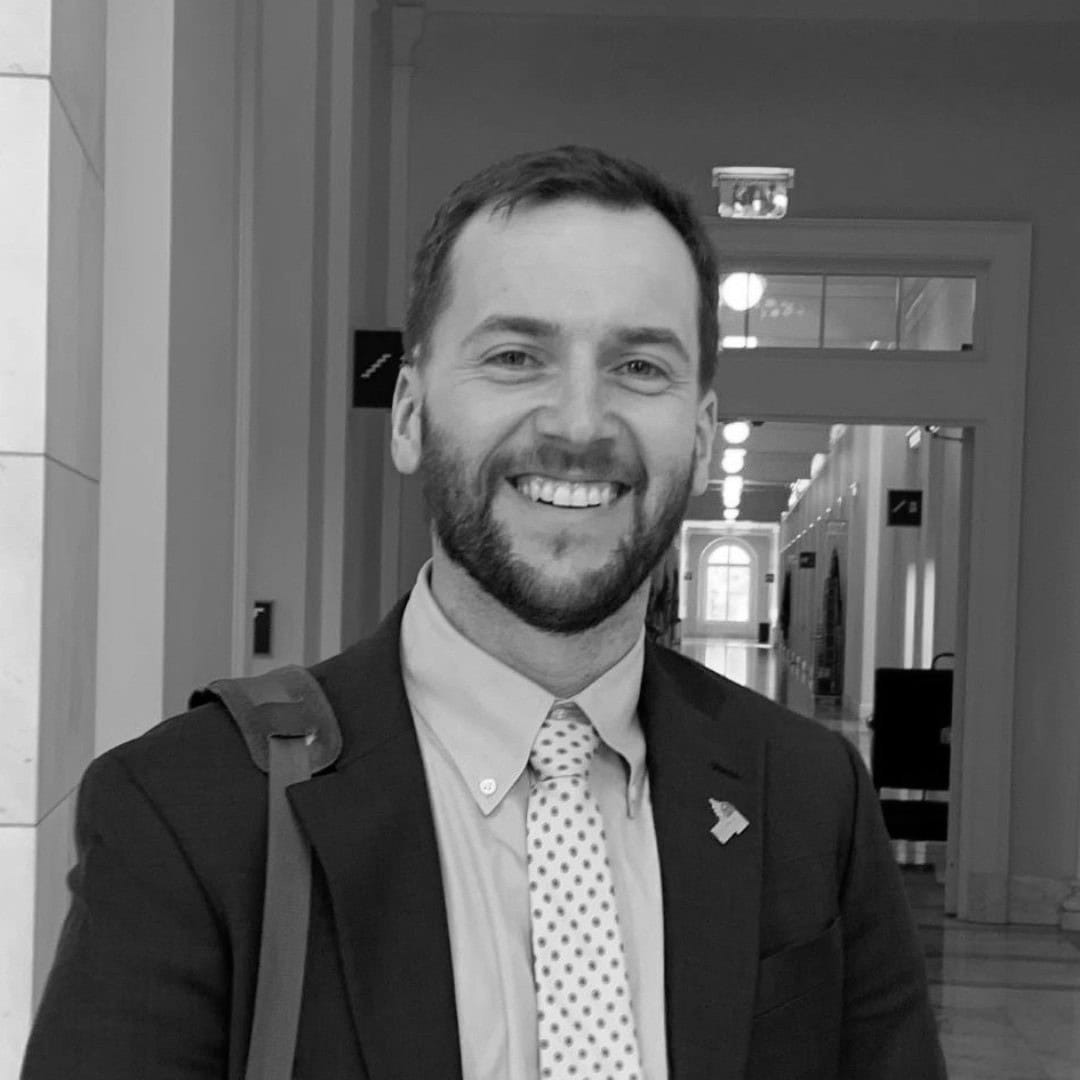
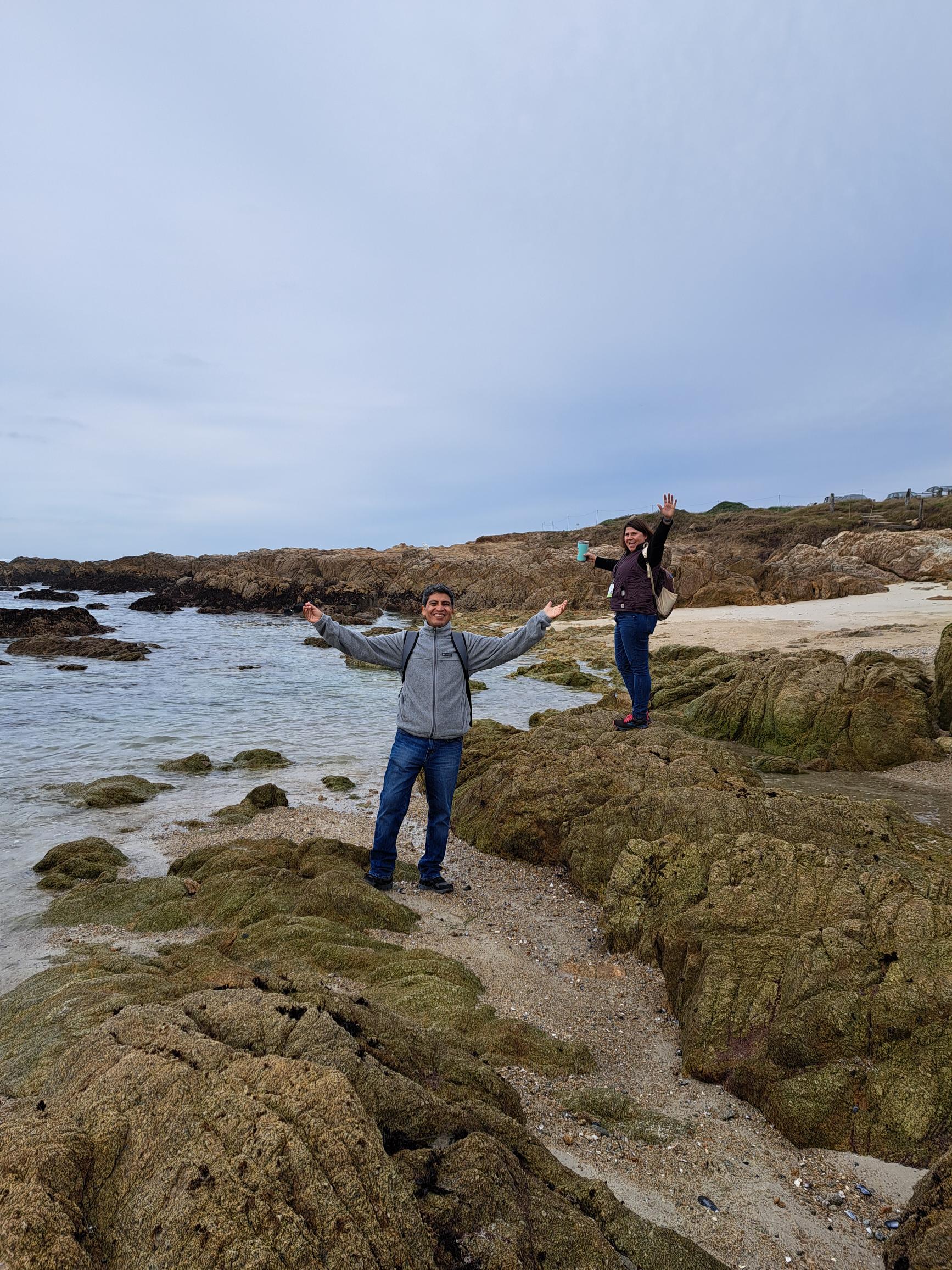
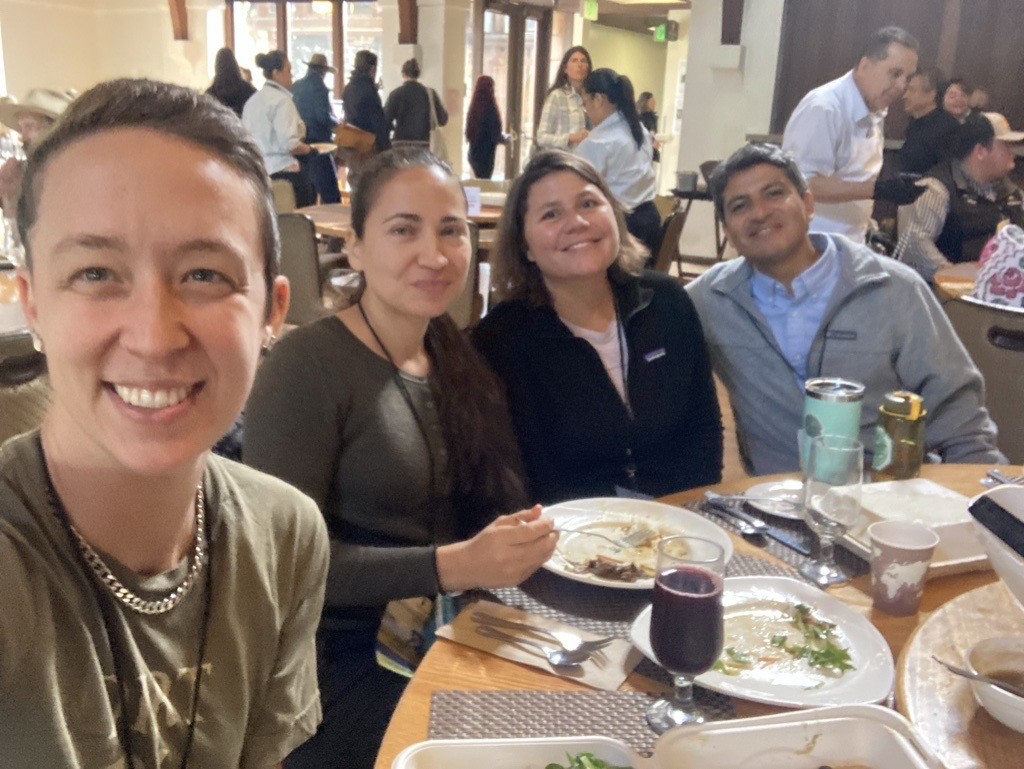
Proof we have fun together. Left: Jose & Mary explore the California Coast. Above: Kelsey, Thelma, Mary, & Jose share a meal. Right: Kelsey & Thelma enjoy a quiet moment between conference sessions.
